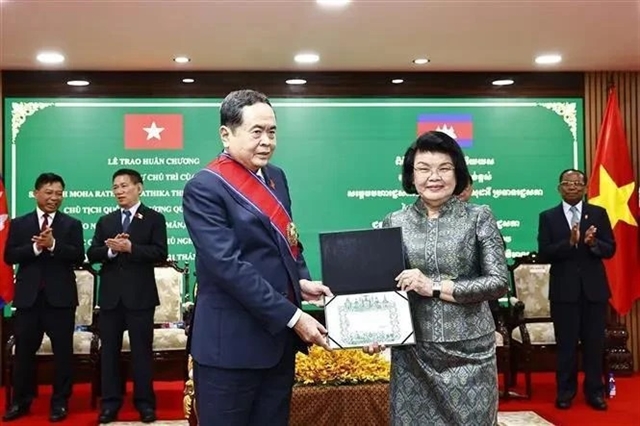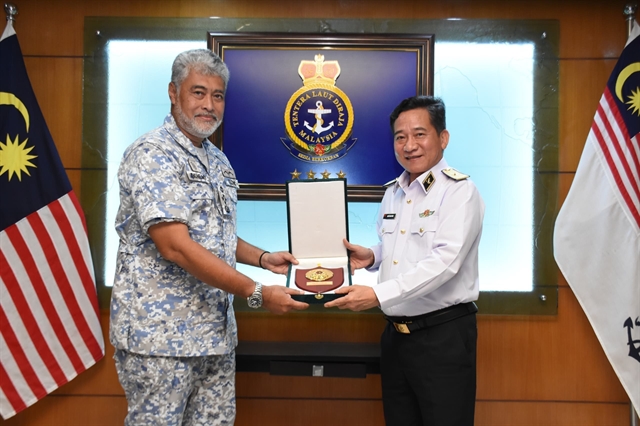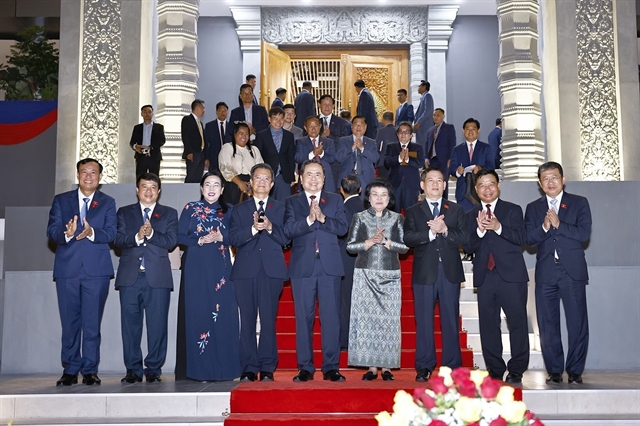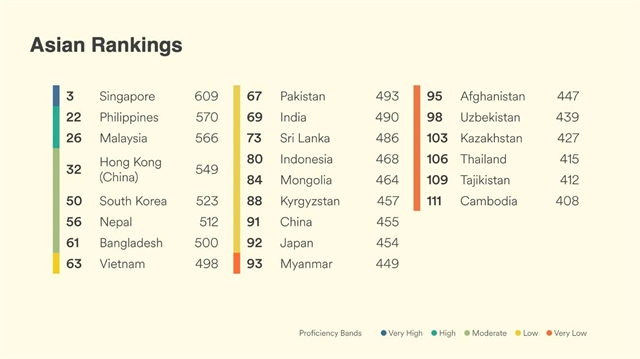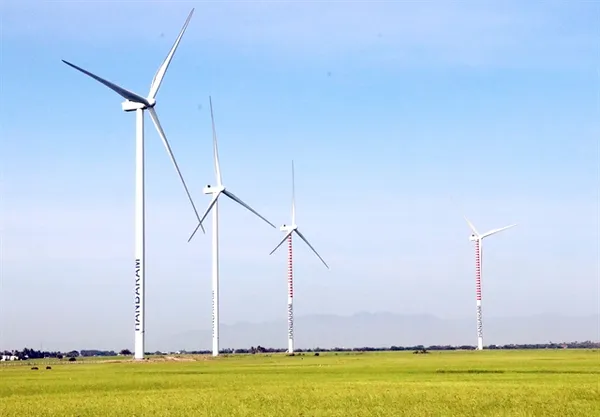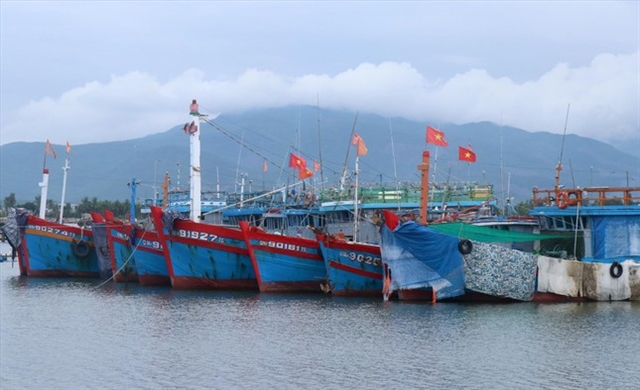 Economy
Economy
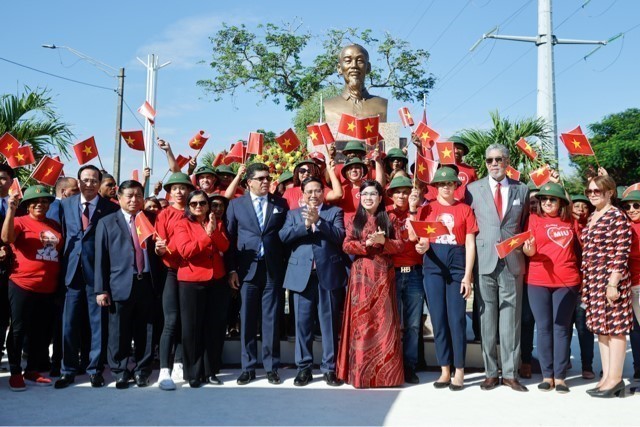
Việt Nam’s fishery sector will gain advantages and export opportunities once the Comprehensive and Progressive Agreement for Trans-Pacific Partnership (CPTPP) and the European Union-Vietnam Free Trade Agreement (EVFTA) take effect, heard a seminar in HCM City on April 20.
916112844AM.jpeg) |
| Vương Đức Anh, from the Ministry of Industry and Trade’s Department of Export-Import talks about advantages that CPTPP and EVFTA will bring to Vietnamese seafood exporters. — VNA/VNS Photo Xuân Anh |
HCM CITY — Việt Nam’s fishery sector will gain advantages and export opportunities once the Comprehensive and Progressive Agreement for Trans-Pacific Partnership (CPTPP) and the European Union-Vietnam Free Trade Agreement (EVFTA) take effect, heard a seminar in HCM City on April 20.
Vương Đức Anh, from the Ministry of Industry and Trade’s Department of Export-Import, said the CPTPP and EVFTA are new-generation trade deals with trade facilitation as a core value via cutting tariffs.
Under the EVFTA, aquatic products, excluding canned tuna and fish balls, will enjoy a zero tax for a maximum of seven years. While under the CPTPP, Canada and Peru will cut taxes to zero per cent once the deal takes effect. Other countries will offer tax reductions in accordance with roadmaps.
Anh said the signing of the EVFTA and CPTPP will afford Vietnamese fishery firms chances to expand export markets, especially new markets such as Canada, Peru and Mexico, given that Việt Nam’s biggest rivals - Thailand and China - in this sector have yet to sign the FTAs with the European Union and have yet to join the CPTPP.
Similarly, in the shrimp sector, Việt Nam now ranks second globally in terms of shrimp exports with a market share of 14 per cent, behind India (15 per cent). After EVFTA and CPTPPP comes into force, Việt Nam will enjoy a reduction in import duties on raw shrimp and export duties on processed shrimp to EU and CPTPPP; meanwhile India is not a member of the CPTPP, the FTA negotiations between India and the EU are also being suspended. This is seen as an opportunity for Việt Nam’s shrimp export products to compete with leading exporters in India.
According to businesses, export taxes to some seafood markets are very high. Specifically, shrimp export of Việt Nam to the EU region has an average tax of 6-20 per cent, tuna products are imposed average tariffs ranging from 11 to 20 per cent. For markets in CPTPP, each country applies different tax rates, ranging from 2 to 10 per cent. Therefore, when EVFTA and CPTPP becomes effective, the reduction of tariff lines will help Vietnamese seafood exporters reduce prices significantly, improve competitiveness and export turnover.
According to experts, Vietnamese aquatic firms will also have chances to improve technology and product quality, join the regional supply chain and diversify materials supply sources. In particular, signing new-generation FTAs also requires the State to reform mechanisms, thereby creating a stable and transparent business environment.
However, domestic enterprises also face competition with foreign rivals and stringent regulations on product quality and trace of origin. Therefore, they need to build business plans for medium and long term and renew technologies to join the global value chain for sustainable growth. — VNS

